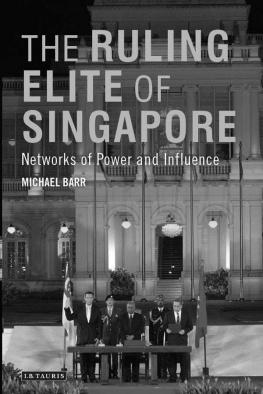Cherian George - Freedom from the Press: Journalism and State Power in Singapore
Here you can read online Cherian George - Freedom from the Press: Journalism and State Power in Singapore full text of the book (entire story) in english for free. Download pdf and epub, get meaning, cover and reviews about this ebook. year: 2012, publisher: NUS Press, genre: Politics. Description of the work, (preface) as well as reviews are available. Best literature library LitArk.com created for fans of good reading and offers a wide selection of genres:
Romance novel
Science fiction
Adventure
Detective
Science
History
Home and family
Prose
Art
Politics
Computer
Non-fiction
Religion
Business
Children
Humor
Choose a favorite category and find really read worthwhile books. Enjoy immersion in the world of imagination, feel the emotions of the characters or learn something new for yourself, make an fascinating discovery.
- Book:Freedom from the Press: Journalism and State Power in Singapore
- Author:
- Publisher:NUS Press
- Genre:
- Year:2012
- Rating:5 / 5
- Favourites:Add to favourites
- Your mark:
- 100
- 1
- 2
- 3
- 4
- 5
Freedom from the Press: Journalism and State Power in Singapore: summary, description and annotation
We offer to read an annotation, description, summary or preface (depends on what the author of the book "Freedom from the Press: Journalism and State Power in Singapore" wrote himself). If you haven't found the necessary information about the book — write in the comments, we will try to find it.
Cherian George: author's other books
Who wrote Freedom from the Press: Journalism and State Power in Singapore? Find out the surname, the name of the author of the book and a list of all author's works by series.
Freedom from the Press: Journalism and State Power in Singapore — read online for free the complete book (whole text) full work
Below is the text of the book, divided by pages. System saving the place of the last page read, allows you to conveniently read the book "Freedom from the Press: Journalism and State Power in Singapore" online for free, without having to search again every time where you left off. Put a bookmark, and you can go to the page where you finished reading at any time.
Font size:
Interval:
Bookmark:

For
Alisha, Nicole, Kiran & Cameron
M any of the arguments and concepts in this book were developed from ideas piloted at various workshops, conferences and other collaborative projects. I thank the fellow scholars whose invitations provided such opportunities. My interest in Asian journalisms radical past was seeded by my involvement in an inter-disciplinary project on Singapores post-war history led by Michael Barr and Carl Trocki, which led to their edited volume, Paths Not Taken (NUS Press, 2008). My concept of networked hegemony was rehearsed in a research project spearheaded by Mely Anthony, which led to the edited book, Political Change, Democratic Transitions and Security in Southeast Asia (Routledge, 2009). Nissim Otmazgins and Eyal Ben-Aris conference at the Hebrew University of Jerusalem got me thinking about comparing journalism with popular culture. Ideas from my chapter in their book, Popular Culture and the State in East and Southeast Asia (Routledge, 2012), have been further developed in the following pages.
The late Kevin Boyle helped me cross disciplinary boundaries and dip my toes in international law on freedom of expression, in the course of our collaborations in Asia-Europe Foundation programmes. My understanding of comparative media law was enriched by my participation in conferences organised by Andrew Kenyon and Amanda Whiting at the Melbourne Law School. A symposium organised by Theodore Glasser and Isabel Awad at Stanford University provided a chance to test ideas about normative diversity within the profession. My colleague Hao Xiaoming led the way for our survey of Singapore journalists, results from which are included in this book. The study was initiated by David Weaver and Lars Willnat as part of their book project on The Global Journalist (Routledge, 2012). Arun Mahizhnan and Tan Tarn How at Singapores Institute of Policy Studies convened several forums for us to grapple with the fast-changing new media landscape, contributing to my thoughts on the subject.
This book was written in the course of my work at Nanyang Technological Universitys Wee Kim Wee School of Communication and Information, which I must thank for keeping its promise to provide faculty with time for research and writing. Various university research grants and schemes supported my research assistants Mykel Yee, Lin Junjie, Low Wei Xiang and Justin Zhuang, whose diligence was particularly valuable. Eleanor Wong, Michael Hor, Douglas Wong and Reginald Chua were kind enough to read my first draft and offer comments and suggestions. Tay Kay Chin advised on the cover design and more than 30 Facebook friends chipped in with their views. Prudencio Dengcoy Miel lent his creative genius to the cover art.
Most of the work on this book was carried out during a professionally challenging period. For a student of soft-authoritarian domination, the first-hand experience has been both ironic and illuminating, providing a worms eye view of dynamics that the following pages analyse at higher levels of abstraction. That I could respond philosophically to the situation is thanks in part to the loyalty of several friends. Above all, I thank Zuraidah, whose smile lightens every load and whose strength didnt fail when I needed it.
Names and other terms feature prominently in this book are highlighted in bold.
T he Republic of Singapore is a city-state of 5 million people, 3.2 million of whom are citizens. In most respects, it is a First W orld city; it has one of the worlds busiest ports and financial markets.
Singapore has been governed by the Peoples Action Party (PAP) continuously since 1959. The Westminster-style first-past-the-post system means that the margin of victory in each constituency has no bearing on the allocation of seats. As a result, although the PAPs share of the popular vote ranged from 60 to 75 per cent in GEs since the 1990s, its share of seats has always exceeded 90 per cent, giving it virtually unchecked law-making power. In the 2011 general election, the PAP won 81 out of 87 seats. Lee Hsien Loong has been prime minister since 2004. He was preceded by Goh Chok Tong and, before that, Lee Kuan Yew, who was prime minister from 1959 to 1990. Lee Kuan Yew, the father of the current prime minister, dominated Singapore politics and shaped media policy for half a century, only retiring from Cabinet in 2011.
There is no dominant religious group. Most Chinese are Buddhists and Taoists; almost all Malays and some Indians are Muslims. There is a growing population of Christians. Singapore has four official languages: English (the main working language and the medium of instruction in schools); Malay (designated as the national language); Chinese (with official promotion of Mandarin over dialects); and Tamil (the language of the majority of Indian Singaporeans). The media market is similarly divided on linguistic lines.
Singapores news industry is dominated by Singapore Press Holdings (SPH), a corporation created in 1984 by the merger of two newspaper groups. While not government-owned, it is closely supervised by the political leadership. Its flagship title and de facto national paper is the English-language Straits Times, founded in 1845. In 2010, it had an average daily circulation of around 350,000 copies. Its Sunday edition is the Sunday Times. SPHs other English-language dailies are The New Paper, a downmarket tabloid, and the Business Times. The largest Chinese-language daily is SPHs Lianhe Zaobao, which had a weekday circulation of around 160,000 in 2010. It has two downmarket sister papers, Shin Min Daily News and Lianhe Wanbao. SPHs Chinese papers are descended from Nanyang Siang Pau and Sin Chew Jit Poh. SPH publishes the countrys only dailies in Malay (Berita Harian, which has a weekday circulation of around 60,000) and Tamil (Tamil Murasu, around 15,000). SPH also publishes a bilingual free-sheet, My Paper, in English and Chinese. As in other mature markets, newspaper circulations in Singapore are in decline. However, the industry remains financially robust.
Broadcasting is dominated by MediaCorp, the sole provider of free-to-air television channels, including Channel NewsAsia, and the main radio station operator. Descended from the governments propaganda department and corporatised in stages, MediaCorp is government-owned but also highly commercial in orientation. Much of its factual programming depends on government grants and subsidies. MediaCorp publishes the only non-SPH Singaporean daily newspaper, Today. The free-sheet claims an average distribution of 300,000 copies on weekdays, 200,000 on Saturdays and 100,000 on Sundays.provided by Starhub, a public-listed company in which the government-linked Singapore Technologies is the largest shareholder. The second provider of subscription television is government-linked Singapore Telecoms mioTV service. While Starhub and mioTV carry international news channels such as BBC and CNN, neither has a domestic news programme competing with Mediacorps news output. Due mainly to Singapores status as a major business and financial hub, several international news organisations have significant operations in the country. For example, Singapore is the Asia base of Thomson Reuters and the headquarters of CNBC Asia.
Font size:
Interval:
Bookmark:
Similar books «Freedom from the Press: Journalism and State Power in Singapore»
Look at similar books to Freedom from the Press: Journalism and State Power in Singapore. We have selected literature similar in name and meaning in the hope of providing readers with more options to find new, interesting, not yet read works.
Discussion, reviews of the book Freedom from the Press: Journalism and State Power in Singapore and just readers' own opinions. Leave your comments, write what you think about the work, its meaning or the main characters. Specify what exactly you liked and what you didn't like, and why you think so.

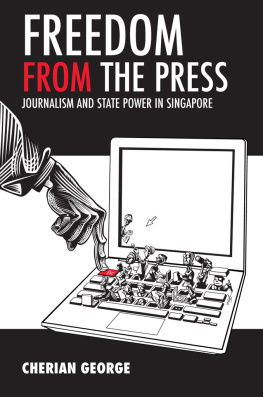
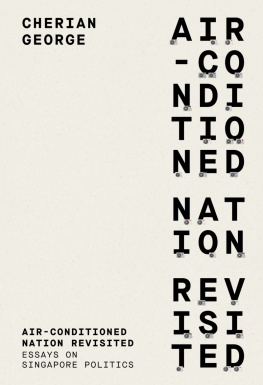

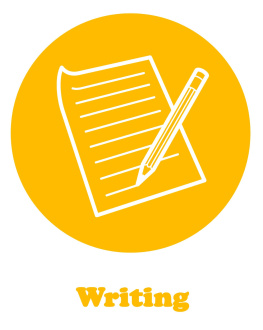
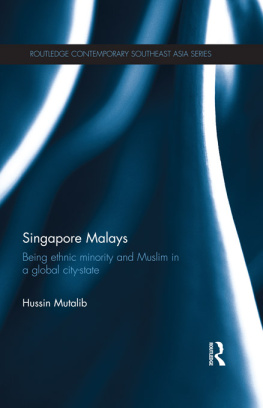
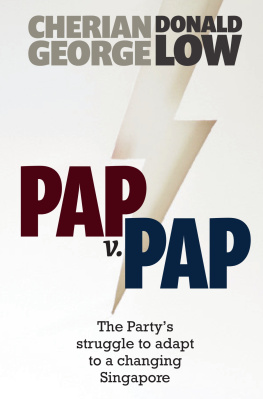
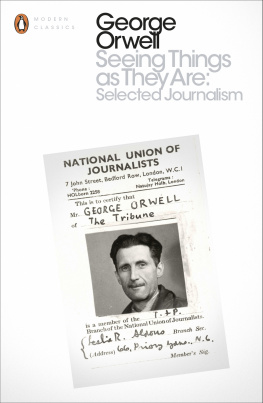
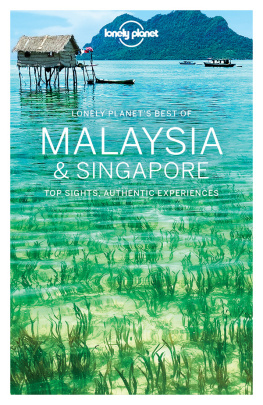
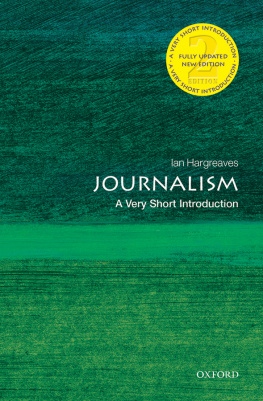
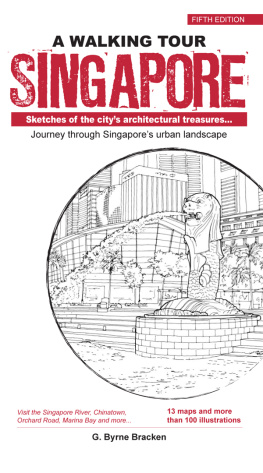
![Blackford - Freedom of religion [and] the secular state](/uploads/posts/book/167779/thumbs/blackford-freedom-of-religion-and-the-secular.jpg)
